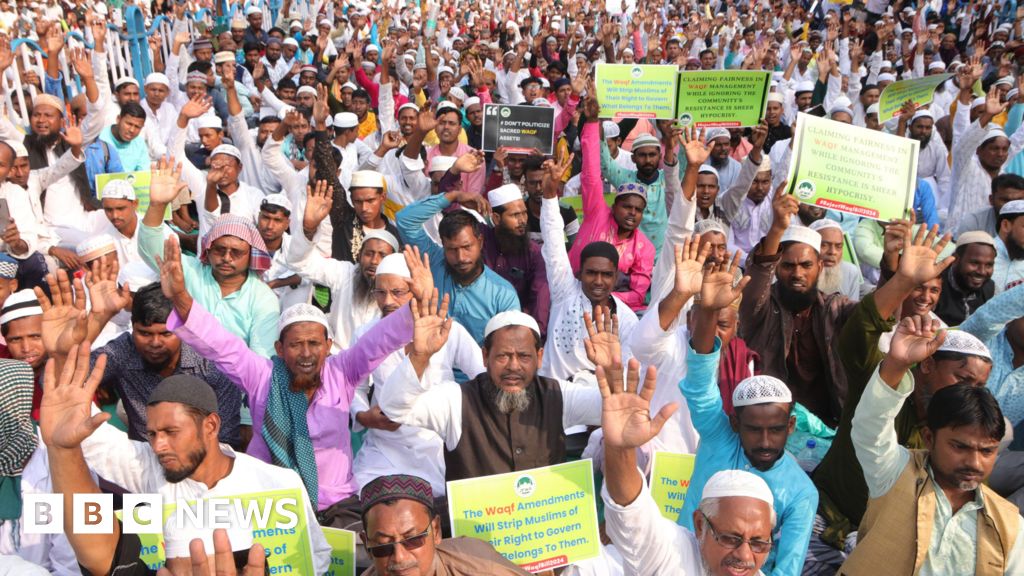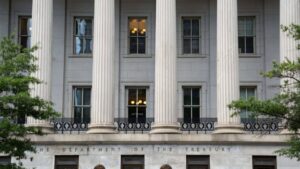]
Muslim groups agree that corruption is a serious issue in waqf boards – its members have been accused several times of colluding with encroachers to sell waqf land.
But critics also say that a significant number of these properties have been encroached by individuals, businesses and government bodies – which too requires immediate attention.
A report submitted in 2006 by the Justice Sachar Committee – formed by the earlier Congress party-led government to assess the socioeconomic conditions of Muslims in India – had recommended waqf reform, as it found that the revenues from the boards were low compared to the vast number of properties they managed.
The committee estimated that efficient use of the land had the potential to generate an annual revenue of about 120bn rupees (1.4bn; £1.1bn). The current annual revenue, according to some estimates, external, is around 2bn rupees.
The committee also noted that “encroachments by the State, who is the custodian of the Wakf interests, is common”, listing, external hundreds of instances of such “unauthorised occupation” of waqf land by government authorities.
According to government data, external, at least 58,889 of waqf properties are currently encroached upon, while more than 13,000 are under litigation. The status of more than 435,000 properties remains unknown.
The amendments, the government says, address these issues and advance the recommendations made by the Sachar Committee.
Parliamentary affairs minister Kiren Rijiju told, external The Times of India newspaper that the reforms were also necessary as only an elite section in the Muslim community managed these properties.




Leave a Comment